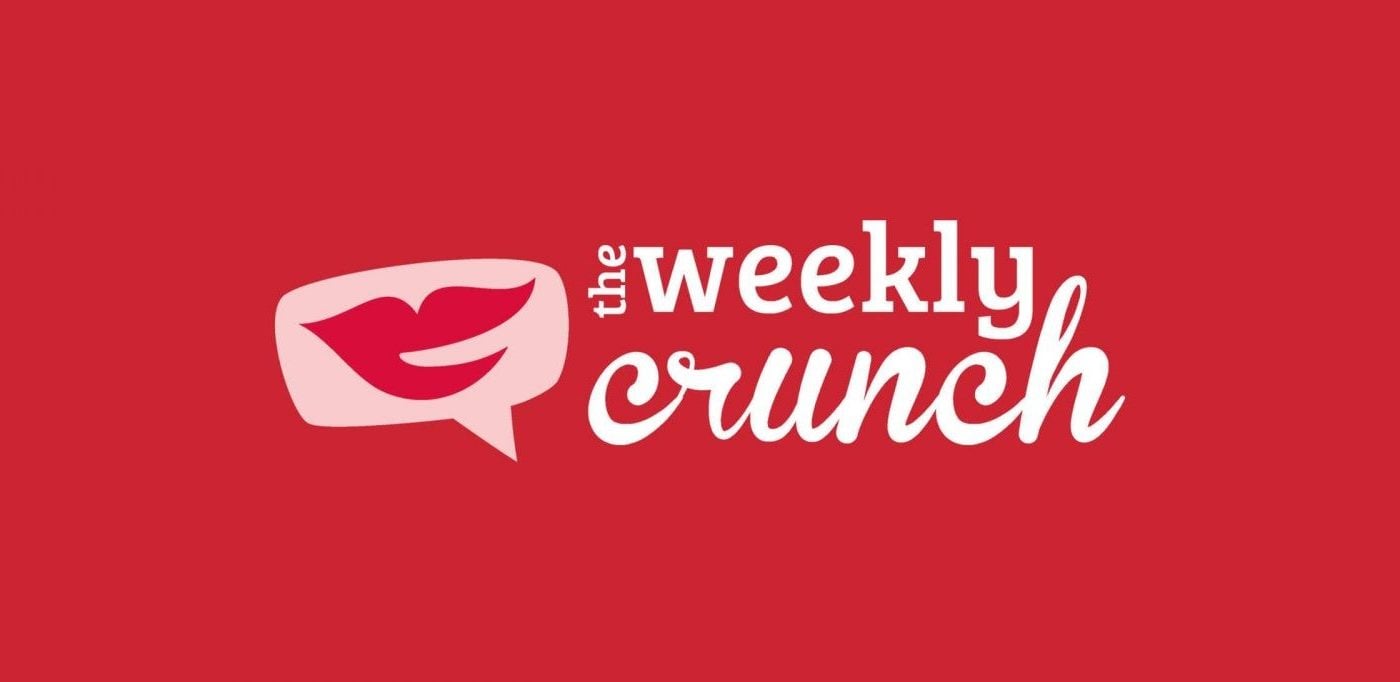What Triggers Your Flow?
When were you last so absorbed in doing something that you lost track of time? If you have ever felt something similar, you might have been experiencing a mental state that psychologists refer to as flow.
A state that can help you feel greater enjoyment, energy, involvement as well as give you a sense of clarity and purpose. In other words, a moment when concentration is so intense that no attention is left over to think about anything irrelevant or to worry about problems.
A highly focused mental state conducive to productivity and a time when self-consciousness disappears.
Coming up with the concept was a Hungarian born positive psychologist and TED speaker called Mihaly Csikszentmihalyi. According to him, the human mind can process up to 120 bits of information per second. When we’re challenging ourselves with a task, our mind reaches full capacity.
Basically, if the activity at hand happens to be something we enjoy and we’re good at, we achieve a flow mental state and it can leave us feeling ecstatic, motivated and fulfilled. Something we are willing to do for its own sake, with little concern for what they will get out of it, even when it is difficult, or dangerous. That’s because: “The best moments in our lives are not the passive, receptive, relaxing times – he said-. The best moments usually occur if a person’s body or mind is stretched to its limits in a voluntary effort to accomplish something difficult and worthwhile“.
Although Csikszentmihalyi worked extensively with musicians, artists, and athletes who regularly found themselves ‘in the zone’, the good news is that anyone can achieve a state of flow as long as we have a specific goal, choose a task that is moderately challenging, pursue an enjoyable project, and minimize the distractions around us. And that could happen anytime – for example- when dancing, gardening, or working on a project you really love.
In fact, people may experience flow in many activities. In particular, researcher Teresa Freire and colleagues’ review (2021) suggests that middle-aged adults are more likely to experience flow in study- or work-related activities, whereas older adults report experiencing flow more often in leisure activities.
Flow happens when a person’s skills are fully involved in overcoming a challenge that is just about manageable – Csikszentmihalyi said-. so it acts as a magnet for learning new skills and increasing challenges. If challenges are too low, one gets back to flow by increasing them. If challenges are too great, one can return to the flow state by learning new skills.
I don’t know about you but sometimes I’ve found a state of flow when I write, exercise or bake a cake. An experience I consider as a step forward to my mental well being: something I know I achieved because it doesn’t necessarily depend on external circumstances or other people, something I’m grateful for.
I’ve also found that the attitude we learn when in a flow state can be useful for dealing with stress.
People who come across the flow state frequently have a lesser likelihood of being depressed or anxious, and numerous studies have confirmed that flow increases positive affect, a term psychologists use to describe the experience of feeling or emotion. In particular, The Positive Psychlopedia reported that: “Flow makes us feel competent, ready to take on the challenges in front of us. It directs our focus outward, rather than inward on our worries, fears, and frustrations. And it helps us learn to choose and move toward goals“.
Perhaps the biggest benefit we get from that state is finally experiencing our authentic selves.
As Steven Kotler, an award-winning journalist and the founder and executive director of the Flow Research Collective, explains, “flow is such a focused state that our ghosts can’t follow us into it“.
Like this post? Support Us or Sign up to our newsletter to get more articles like this delivered straight to your inbox!


